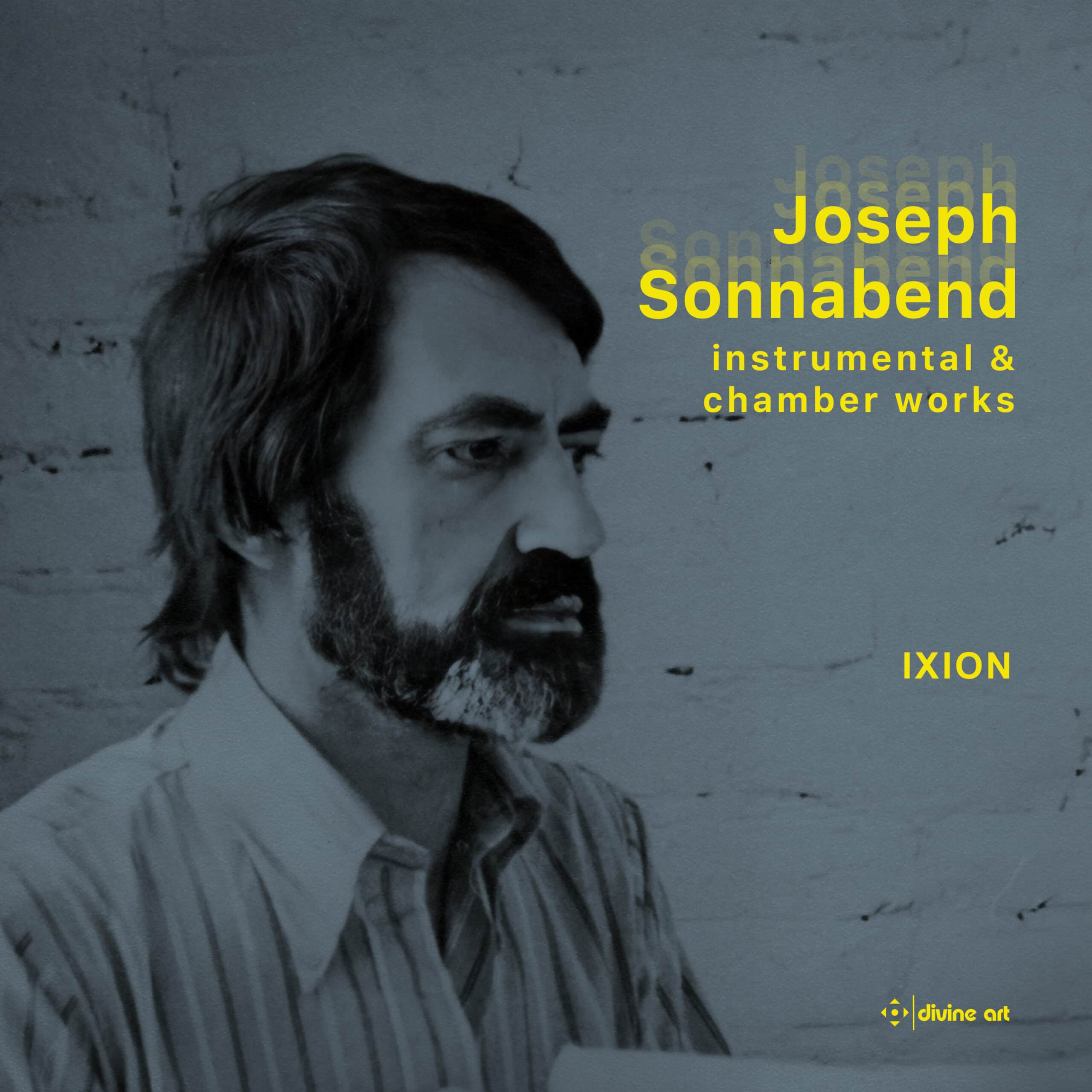Pizzicato
Dr. Joseph Sonnabend’s profile initially reads like that of a doctor. Born in Johannesburg, South Africa, in 1933, he established himself as a pioneering AIDS researcher and clinician, particularly in the USA. He was involved in the discovery of interferon. In 1978, he was one of the first to recognize the emerging AIDS epidemic. He conducted some of the earliest AIDS research at his own expense and campaigned for the rights of people infected with AIDS. In 2005, he retired from medicine and moved to London, where he died in 2021.
It was not until he was 85 that he made his public debut as a composer of classical music in London. He also created new music from earlier works. His late compositions can also be heard as a reaction to the tragedy of HIV/AIDS. The text accompanying the release provides many more details on the medical and musical aspects as well as the creation of the recordings.
Alongside Berg and Schönberg, his style was influenced by Liszt, Rachmaninov, Scriabin and Stravinsky. Because of his openness to serial composition, chromatic melodies and harmonies, he wrote much of his music with these elements. The works on this album show Sonnabend’s sound world, his passion for piano, string instruments and songs. Typical for him was a basic material that he initially introduces in the work and which is developed in various forms and textures as the piece progresses, forming a continuous thread.
The performers on the recording, who come from different backgrounds, are connected to London. They present Joseph Sonnabend, a little-known composer, in carefully selected exemplary compositions. They are convincing in their confident handling of the often serial works. With their commendable commitment, they help us to discover not only the medical side but also the musical vein. Their interpretations certainly provide an incentive to take a closer look at the composer, whose canon of works offers many more examples as well as other genres, such as string quartets.
@divineartrecordingsgroup
A First Inversion Company
Registered Office:
176-178 Pontefract Road, Cudworth, Barnsley S72 8BE
+44 1226 596703
Fort Worth, TX 76110
+1.682.233.4978












